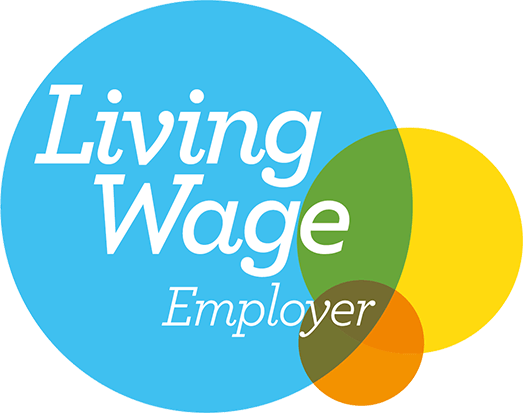News
Overhaul of pre-commencement conditions to focus on speeding up delivery
30 August 2018
A less explored but no less important change in legislation, that sits alongside the revised NPPF, are the new rules regarding the process of agreeing pre-commencement conditions, which align with the focus on streamlining the delivery of development.
From 1st October 2018, it will become mandatory for Local Planning Authorities (LPAs) to liaise with the applicant to consider the suggested wording of pre-commencement conditions. This will be welcome news to developers and applicants, who have long considered that this should be standard practice; however the process will also help LPAs to fulfil their requirement for proactive early engagement with applicants.
Under the new legislation, LPAs will need to notify the applicant of their intention to grant permission subject to specified pre-commencement conditions, and then accordingly invite a “substantive response”. What constitutes 'substantive' is defined as a response that: (i) states that the applicant does not agree to the imposition of the proposed condition, or (ii) provides comments on the proposed condition. Applicants then have 10 working days to respond. An application must not be determined until after this period, unless a substantive response is received, or the Local Planning Authority receives written agreement to the terms of the pre-commencement condition(s).
It's hoped that this move will have a positive effect on speeding-up delivery by removing unnecessary conditions, and addressing poorly-worded conditions. The changes complement the direction in Paragraph 55 of the revised NPPF, which states that “agreeing conditions early is beneficial to all parties involved in the process and can speed up decision-making”.






